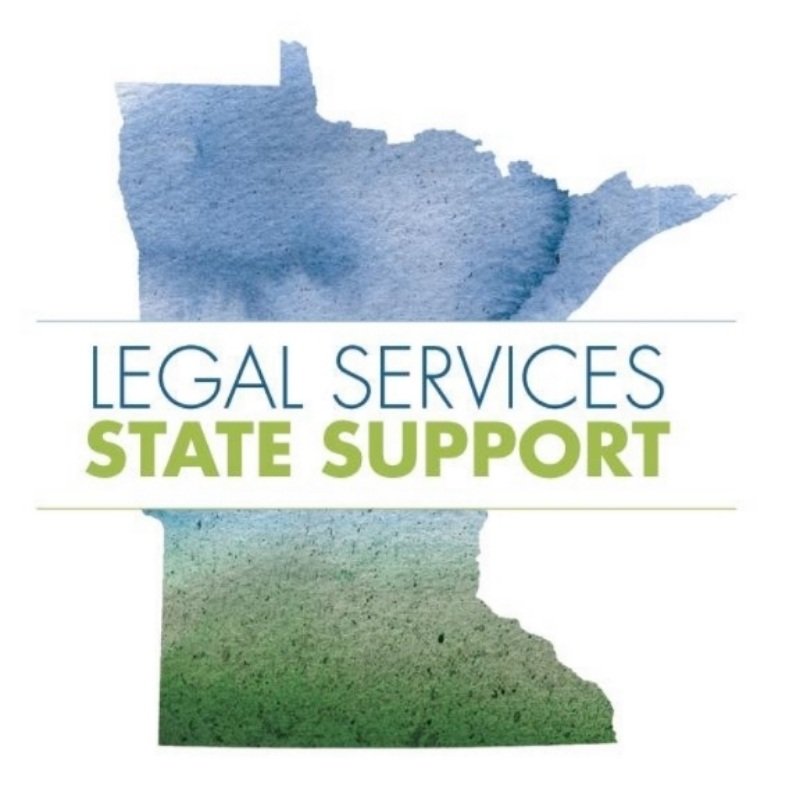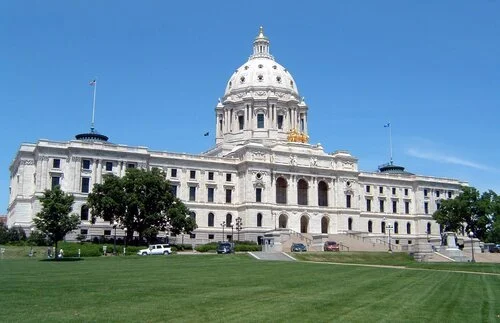In recent coverage from Minnesota Lawyer, the overall gaps in the availability of legal aid nationally and in Minnesota were cited, as well as the nonexistence of the right to counsel in civil cases. These access issues, along with the well-known gap in coverage between rural and urban areas, were discussed at a recent webinar hosted by the American Bar Association (ABA). One of the panelists, Radhika Singh, vice president of the National Legal Aid & Defender Association (NLADA) said that legal aid attorneys should be thought of as “human services providers” because of the ripple effect that civil legal problems can have on the health and well-being of people.
In Minnesota specifically, Katy Drahos, access to justice director at the Minnesota State Bar Association (MSBA), noted that statewide access mirrors the nation and that greater Minnesota faces different challenges. “In rural areas, there are fewer attorneys per population and larger service areas. Also, lack of broadband access in some areas can make court appearances challenging for both attorneys and clients. In the metro area, there is a higher volume of cases which makes it tough to meet the need at current funding levels,” Drahos said.
The lack of adequate funding for legal aid has been a perennial problem in Minnesota and throughout the county. A positive sign in Minnesota recently was the state’s historic 85% increase in funding for civil legal aid services, allowing programs to reasonably increase salaries, retain attorneys, and improve services.
Justice North, which serves 11 counties in northeastern Minnesota, has also leveraged resources that became available during the pandemic, such as virtual court. With a service area of about 27,000 square miles, and a staff of 40, virtual court has been a game-changer, according to executive director Dori Rapaport. So has the use of a network of community legal kiosks that allow financially eligible residents to seek legal information and aid in a setting outside their home. “The technology allows people to meaningfully engage with legal matters,” Rapaport said. “Now, we’re in a position where other states are looking to us for how we provide rural access.” Read more in “Civil legal aid draws greater attention, support” from Minnesota Lawyer.




